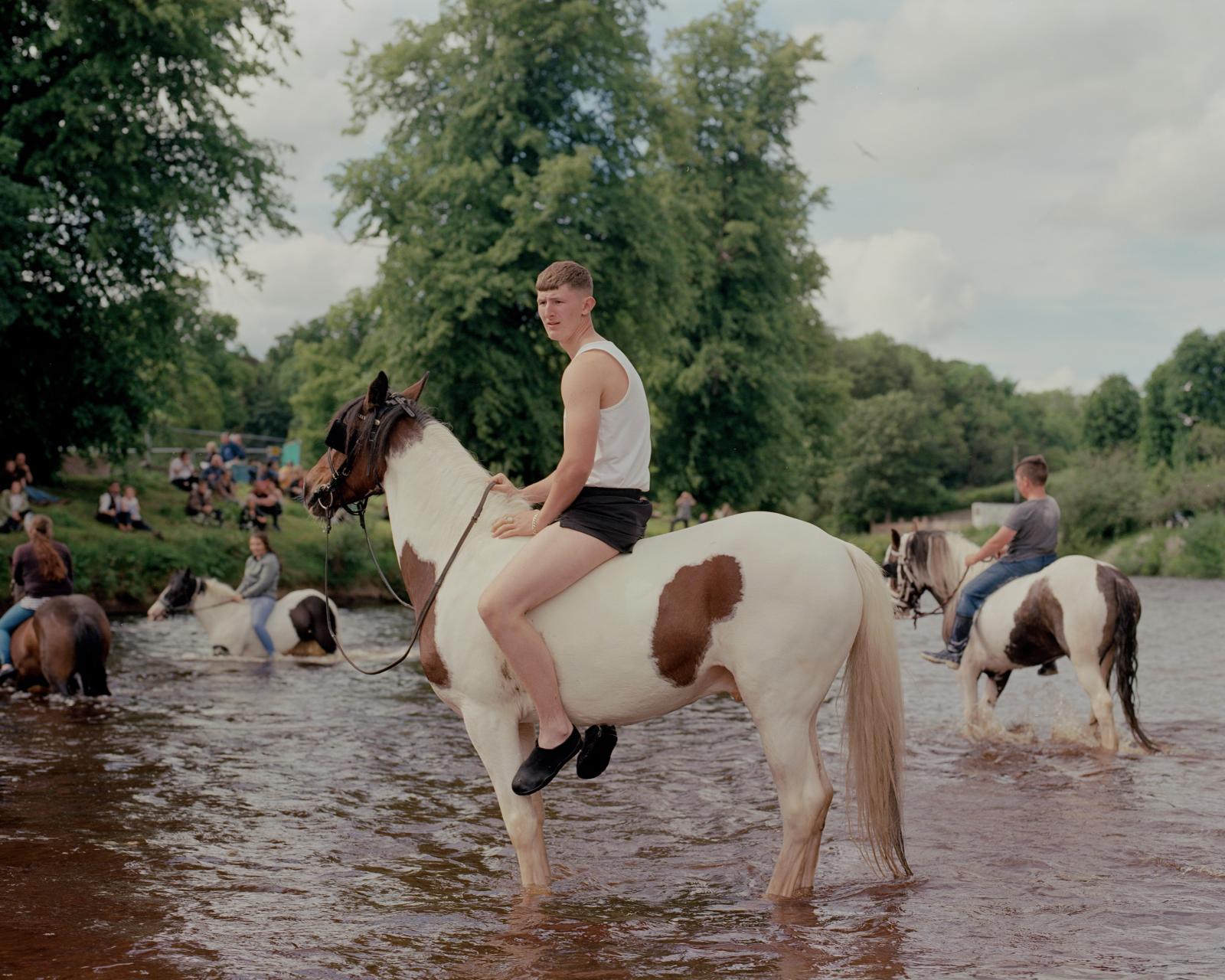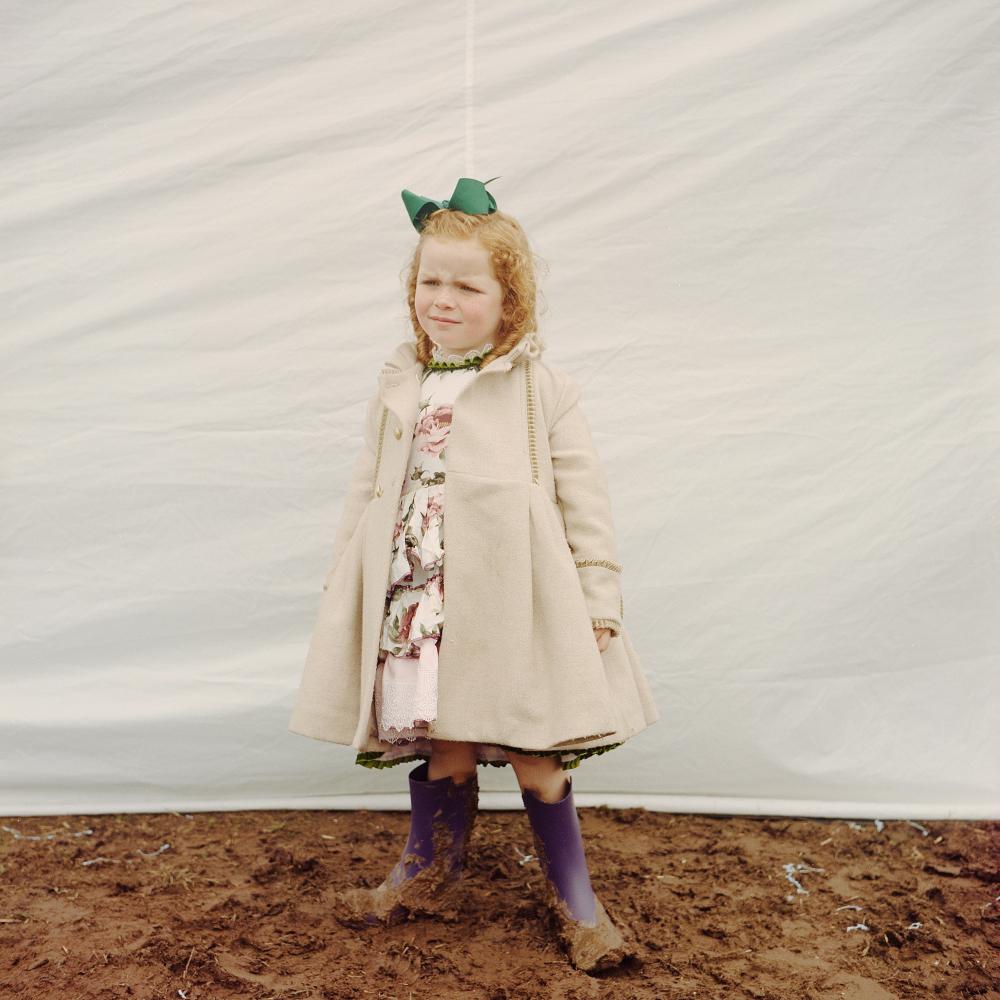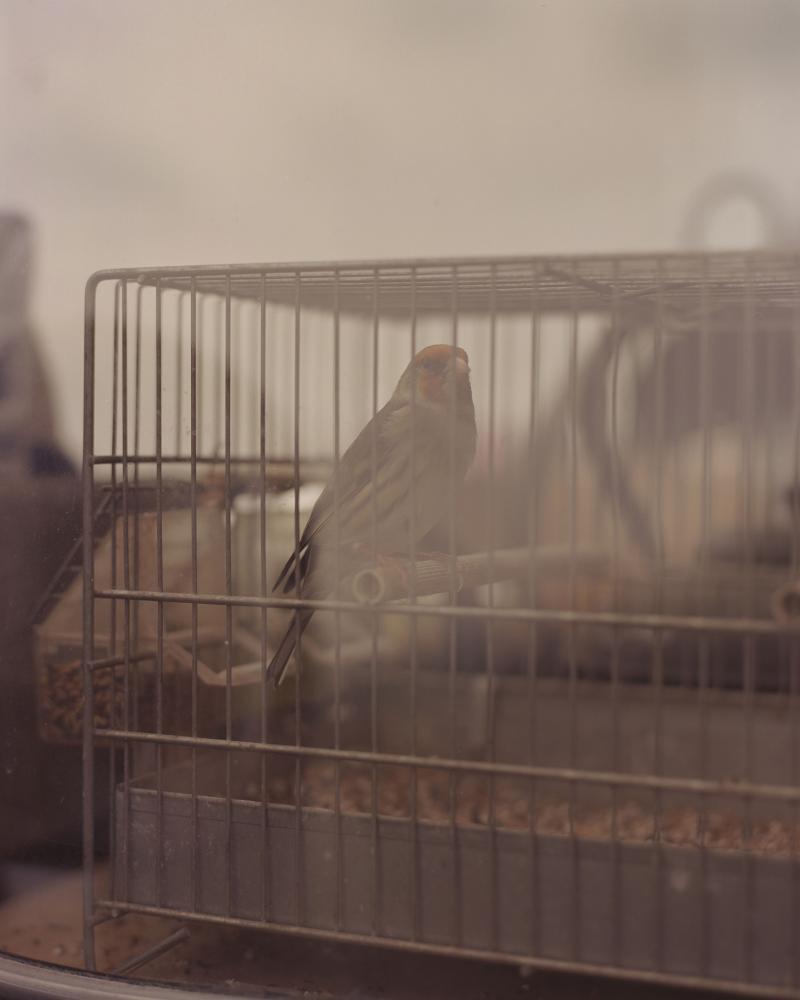Public Project
Travellers
Summary
The focus of this project is on the historically nomadic communities - English and Irish Travellers. Systematically excluded and ostracised, they were forced by the state to abandon their traditional lifestyle and culture. Annual horse fairs held all over Ireland and England are a way to celebrate their roots and give Travellers a chance to spend some time with friends and family. This project explores what it means to be a Traveller in a modern society.
Although many Travellers on the Isles have abandoned their nomadic lifestyle - mostly as a result of forced sedentarisation implemented by governments and authorities - they still take pride in their heritage, with family bonds and strong religious faith at the core of their identity. They are committed to their way of living and holding onto the traditional values of the community.
One such element of Travellers’ tradition are annual horse fairs. These events have a long and storied history in both Britain and Ireland, some dating back to the 18th century. Horses have always played a central role in the lives of Travellers, and even as lorries and trailers have come into use, the bond between Travellers and horses remains strong.
However, it’s not only colts and mares that you’d find at the fairs. They draw a diverse array of businesses, from fortune teller trailers to antique dealers, clothes stalls, and fast food trucks. Families and friends come together for a weekend of revelry, travelling from all corners of the country. Proud parents dress their children for the occasion - boys and girls wear immaculate tweed suits and satin dresses, carefully navigating around muddy fields on the outskirts of towns where the horse fairs take place. The fairs are a celebration of nomadic culture, a joyful gathering that marks one of the most important events of the year for many Travellers.
1,360






























